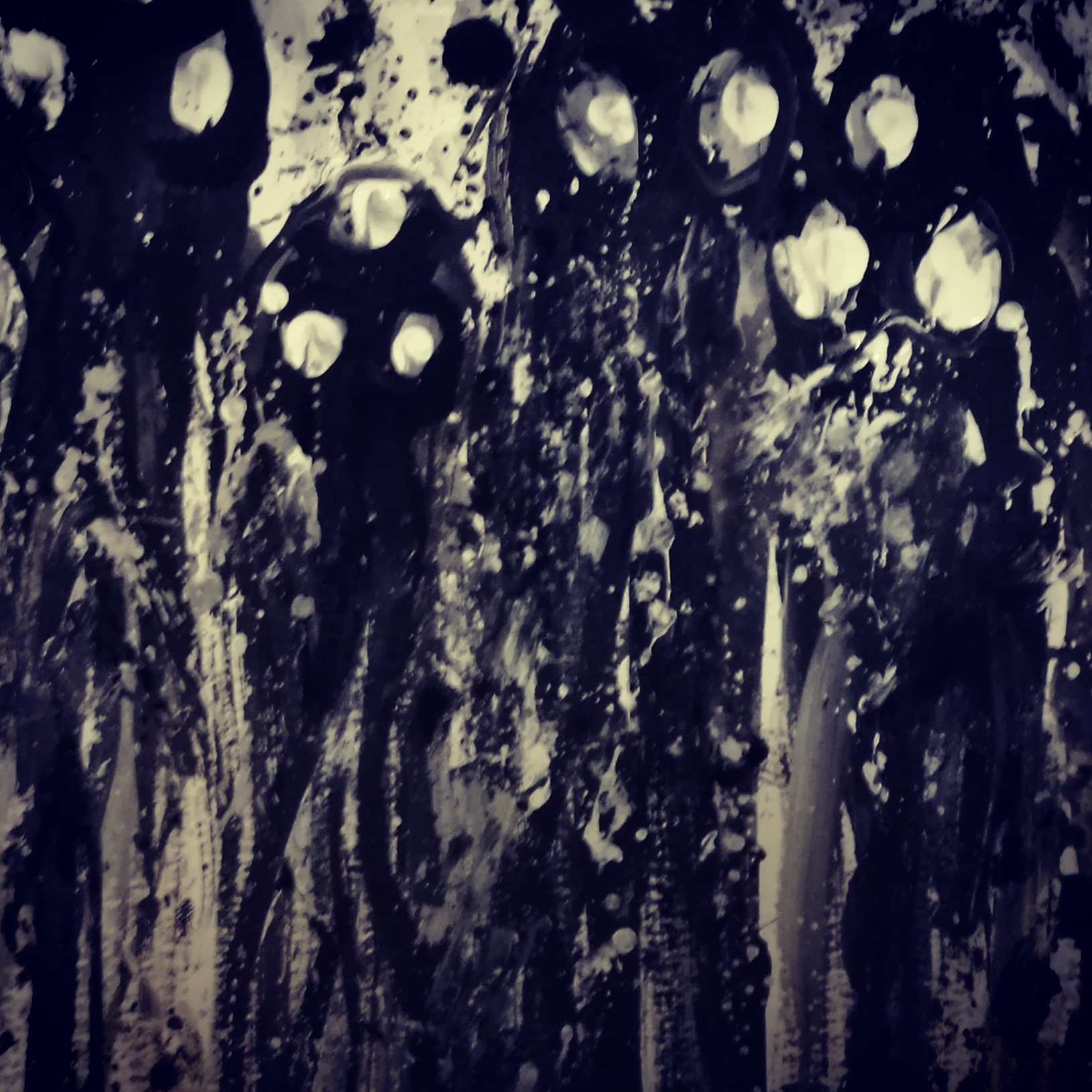The Late Sleepers
They are ancient— more ancient even than the Johnny-come-latelies who showed up at the beginning of “2001: A Space Odyssey” to save a handful of struggling hominins from extinction. These guys stopped by before mammals were even a twinkle in evolution’s eye. Unlike Kubrick’s magical beings they had no stargates, no ftl. They crawled across the galaxy slower than light, obeying all posted speed limits, sleeping away the centuries between stars in a state of profound torpor. It came naturally to them; they evolved amphibious on a drying world, a world where evolution ruthlessly selected against any who could not torp away the ever-lengthening dry seasons.
They call themselves “The Late Sleepers”. It is a name for heroes.
They arrived on Earth near the close of the Devonian, in the course of their ongoing mission to seek out and encourage the growth of intelligent life. As always when it comes to such quests, the unspoken codicil was other intelligence like themselves. For surely, any truly intelligent species would eventually develop spaceflight; and surely, to do that, they must first be able to torp. So the Late Sleepers came to Earth, and scoured its biosphere. They discovered the lungfish: an aestivating species already moving onto the land, already expanding beyond its native habitat. These were the ones, the Sleepers decided. This was the lineage, so much like their own, that would some day rise to rule this planet and travel to the stars. So— like the Kubrickian aliens who would amble by three hundred million years later— they decided to give these promising upstarts a helping hand.
Not by boosting their intelligence or enhancing the genome, mind you. That would be cheating. No, the Late Sleepers were content to let the lungfish ascend on their own. But once they had risen— once they had awakened, and developed technology, and learned to read the language of their own genes— they would discover within their cells the mother of all Easter Eggs. They would find terabytes of base pairs that contained a veritable library of ancient wisdom. Secrets of medicine and technology; theories of creation; the tastiest algae recipes the ancient homeworld had to offer. The specifics don’t really matter. What matters is, the Late Sleepers took the knowledge they considered important, boiled it down to sugars and bases, and inserted it into the cells of their intended protégés. Aeons hence, when these spiritual brethren matured enough to crack the code, they would be really grateful.
Maybe the Sleepers were right. Maybe Earth’s lungfish would have risen to rule the globe if left to their own devices, if their own genes hadn’t suddenly been forced to share chromosomal space with over a hundred billion base pairs of irrelevant code, shoe-horned anywhere it would fit. But unlike Kubrick’s aliens, the Late Sleepers weren’t actually all that smart. Perhaps all those extra transposons just gummed up the works, replicated themselves but slowed everything else down. For whatever reason, lungfish just kept on being lungfish while the primates arose, and awoke, and took over the place. The Sleepers’ Library languished in an obscure, otherwise-unremarkable species that the apes— once they fell into the habit of going around giving names to everything— would call the Marbled Lungfish. When those same apes figured out how to sequence genes, they’d wonder briefly why this particular species had a genome of 133 billion base pairs— far greater than that of any other vertebrate, and largely non-coding— but they wouldn’t be able to convince other apes to hand over enough grant money to find out. And that would be that.
Only not quite. Because the Late Sleepers left someone behind to see how things turned out. Not on Earth, which was geologically active and biologically volatile and overall a very dangerous place to sleep away the aeons unprotected. Instead, they left their Greeter behind on cold, dead, safe Mars. (In fact, Mars— the husk of a once-verdant world which dried out over billions of years— had been the first place the Sleepers visited in our Solar System, because of its geological and historical similarity to their own homeworld. The subsequent discovery of Earth was more or less a happy accident.) The Greeter has been torping ever since, waiting for Earth’s lungfish to evolve, to make it to Mars, to wake her up so she can bask in three hundred million years of pent-up adulation.
She will be at least mildly irked to wake up to a bunch of ugly primate mugs instead.
How she’ll react to the news that those ugly primates eat lungfish is left as an exercise for the reader.
The Sleeper’s standpoint.
“How do you assign personhood to a creature that might live and die in the span of a single breath?”
—Saturday Morning Breakfast Cereal
Only the amphibious have souls.
This is not a religious position, no matter of mere faith; it’s just good sense. Only the amphibious lifestyle exposes an organism to distinct, disparate environments, forces them not just to withstand but to inhabit different worlds. This duality profoundly informs physiology and anatomy; those, in turn, profoundly inform the mind and the spirit. Amphibians are always able to see the opposing sides to any story, the different facets of any issue. They can internalize multiple points of view because every moment of their evolution, every cell of their beings has been shaped by the need to reconcile the conflicting demands of different environments.
It is this ability to contain different realities, to balance the tension between opposing forces, that gives rise to complex problem-solving and the ability to see perspectives outside one’s own. These are abilities forever beyond creatures whose minds and bodies are confined to a single environment throughout their lifespan. Oh, such sad creatures might be able to imagine a pale facsimile of multiple perspectives. Obligate land-dwellers might hold their breath and dip their faces into the water, even venture briefly into the depths encased in diving bells and armored suits. “Intelligent” fish might indulge in theoretical “what-if” games, play-act at shams of insight. But such beasts will never feel existential conflicts and resolutions deep in their gut, because their biology has not built them to. They can never be “alive” in the spiritual sense. They are not ensouled.
Occasionally, in the course of their travels, the Late Sleepers have encountered porous creatures with warm blood. These lineages are especially pitiful; beyond the sad limitations of their intellect, their very cellular machinery is defective. Their cell membranes are so leaky, so badly constructed, that they must constantly burn energy just to maintain the same gradients that more efficient histologies accomplish structurally. Their metabolic engines are always running hot and wasteful, so hot the flesh itself is perpetually warm. They burn fuel at an obscene rate. Many of them have to eat every day, just to keep from starving to death!
Monohabs, by definition, cannot be considered “beings”. Porous monohabs? It’s an enduring mystery of biology how such creatures could have ever evolved in the first place.
This is, at least, the view of the Council. No one has disputed it for a billion years.
Picture: Kim Holm

